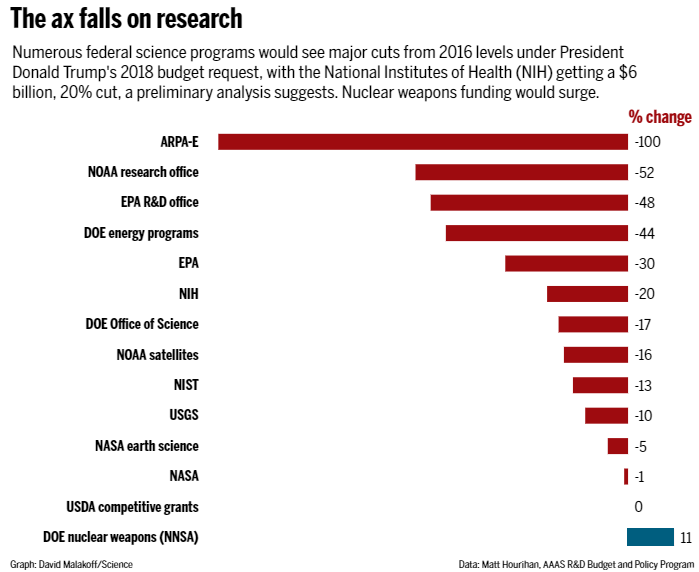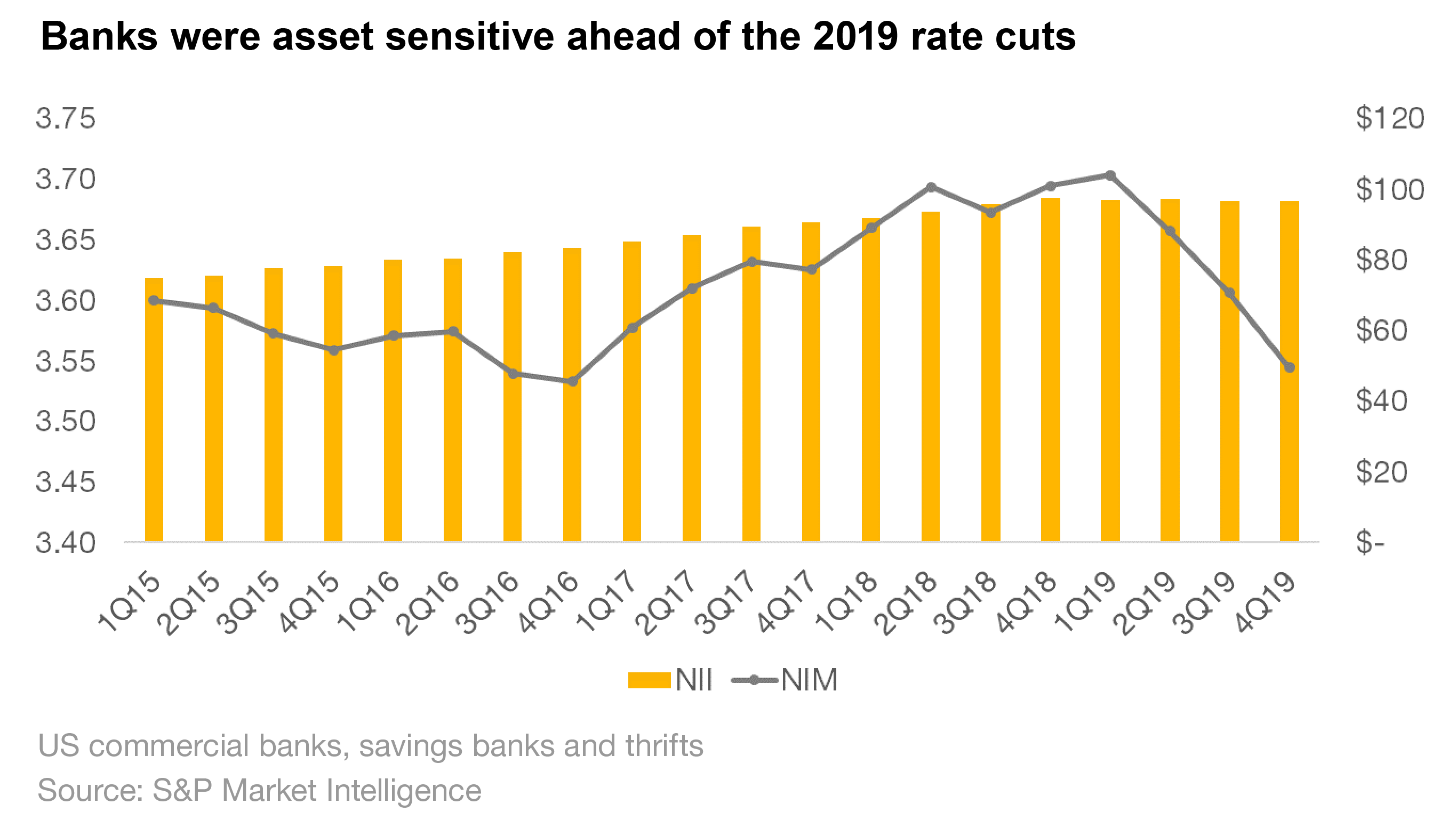Stefanie Stantcheva, a prominent figure in the world of economics, has made remarkable strides in tax policy innovation. Recognized as one of the leading economists under 40, she has recently been awarded the prestigious John Bates Clark Medal, an honor that underscores her significant contributions to economic theory. As the Nathaniel Ropes Professor of Political Economy at Harvard, Stantcheva has enriched our understanding of economic behavior and public finance through her pioneering research. Her insights into how tax systems influence innovation are reshaping discussions in the field, making her a vital voice at Harvard economics. As she continues to explore the complexities of economic issues, her work promises to drive forward-thinking dialogues in economics.
Stefanie Stantcheva has emerged as a transformative economist, garnering acclaim for her groundbreaking research that melds tax systems with innovation strategies. Celebrated as a leading mind under 40, her notable achievements, including the John Bates Clark Medal, highlight her influential role in reshaping economic paradigms. Delving into the intricacies of how fiscal policies affect creative advancements and societal behaviors, she offers critical perspectives that both challenge and enhance existing economic theories. Stantcheva’s work within public finance not only contributes to academia but also provides actionable insights for policymakers navigating the complex landscape of economic reform. As she continues her research, her findings are expected to further inform strategies around economic growth and societal well-being.
Stefanie Stantcheva: A Beacon of Innovation in Economics
Stefanie Stantcheva’s recognition as the 2025 John Bates Clark Medal recipient highlights her substantial contributions to the field of economics. As an esteemed economist at Harvard, Stantcheva’s work embodies the innovative spirit required for modern economic study, particularly among those under 40. The Clark Medal celebrates young economists who have made notable advancements in economic theory and practice, and Stantcheva’s exploration of tax policy innovation stands out as an exemplary case of applied research impacting global economic behavior.
The significance of the John Bates Clark Medal cannot be understated, as it not only honors individual achievement but also draws attention to emerging trends in economics, especially those surrounding tax policy and public finance. Stantcheva’s research demonstrates various aspects of economic behavior influenced by taxation, providing critical insights that inform policymakers and scholars alike. From her groundbreaking studies on tax elasticity to her analyses of innovation in light of changing tax landscapes, she stands as a leading voice in the dialogue on how economic policies shape our world.
Understanding Tax Policy Innovation Through Stantcheva’s Lens
As an expert in public finance, Stefanie Stantcheva has made it her mission to dissect the intricate relationship between tax policy and innovation. Her recent paper, “Taxation and Innovation in the 20th Century,” provides valuable insights into how tax structures can either spur or stifle economic creativity. By revealing that higher taxes negatively affect the quantity of innovation, her study showcases the delicate balance policymakers must navigate when designing tax systems that foster economic growth while still generating necessary revenue.
Moreover, Stantcheva’s findings extend beyond mere academic interest; they possess profound implications for economies worldwide. Understanding the elasticity of innovation in response to tax changes could inform nations looking to boost their tech sectors or stimulate creative industries. By prioritizing tax policy innovation that encourages entrepreneurship, countries can cultivate environments that not only thrive on existing inventions but also incentivize new and groundbreaking ideas.
The Impact of Economic Behavior on Public Policy: Insights from Harvard
Stantcheva’s leading-edge research at Harvard delves into the intricate fabric of economic behavior and its profound effect on public policy. Her work emphasizes the importance of understanding how individuals and businesses respond to economic incentives shaped by tax laws. This understanding is crucial for developing effective policies that resonate with the population while encouraging investment and innovation. As public opinion increasingly shapes economic forecasting, her exploration of the nexus between emotions and policy sheds light on the psychological underpinnings of economic decision-making.
Economic behavior is not just a series of reactions to fiscal stimuli; it represents a complex interplay of societal values, risks, and mindsets, as highlighted by Stantcheva’s research. Her focus on zero-sum thinking, where stakeholders perceive economic exchange as a competition for limited resources, invites a reconsideration of how public finance can be structured to promote inclusivity and growth. The insights gleaned from her studies thus serve as a critical resource for shaping future economic policies that seek to balance equity with efficiency.
Celebrating Young Economists: The Legacy of the John Bates Clark Medal
The John Bates Clark Medal stands as a hallmark of excellence within the realm of economics, specifically recognizing the ingenuity of economists under 40. By awarding this prestigious honor to individuals like Stefanie Stantcheva, the American Economic Association underscores the vital role of youthful perspectives in addressing contemporary economic challenges. This recognition not only lifts individual economists but also invigorates the entire field, injecting fresh ideas and solutions that are crucial in today’s fast-evolving economic climate.
Moreover, celebrating young economists encourages the sustained growth of economic thought. The impact of the Clark Medal is felt widely, inspiring a new generation of scholars to engage with pressing issues such as tax policy and its implications on innovation and economic behavior. The efforts of awardees like Stantcheva encourage interdisciplinary collaboration, integrating insights from psychology, sociology, and political science, to shape effective economic policies that respond to the realities of our time.
Taxation, Innovation, and Economic Growth
Stefanie Stantcheva’s research encapsulates the vital link between taxation and economic growth, particularly in the realm of innovation. Through her rigorous studies, she argues that tax policy plays a pivotal role in shaping the landscape of innovation. When taxes are structured thoughtfully, they can incentivize businesses to invest in research and development, leading to groundbreaking advancements that drive economic performance. Conversely, poorly designed tax systems may deter investment, hampering progress and limiting growth.
The implications of Stantcheva’s findings are crucial for both policymakers and economists alike. By acknowledging the elasticity of innovation to tax changes, governments can craft tax policies that not only generate revenue but also stimulate economic activity. This balance is essential for fostering environments where creativity and invention can thrive, ensuring that the economy remains dynamic and responsive to its global competitors.
Stefanie Stantcheva and the Social Economics Lab
Stefanie Stantcheva’s establishment of the Social Economics Lab at Harvard is a testament to her commitment to advancing the understanding of economic behavior through empirical research. Since its inception in 2018, the Lab has explored various pressing issues, including trade, immigration, climate change, and social mobility. By focusing on these critical areas, Stantcheva aims to provide policymakers with the data and insights necessary to navigate the complexities of modern economies effectively.
Furthermore, the Social Economics Lab embodies an innovative approach to economics, bridging the gap between theoretical research and real-world applications. By investigating how people perceive economic policies—particularly through emotional and psychological lenses—Stantcheva is paving the way for more nuanced policy-making that accommodates the diverse perspectives of stakeholders. This approach emphasizes the importance of social factors in economic decision-making, further enriching the discourse surrounding public finance and economic policy.
The Role of Harvard Economics in Shaping Future Policies
Harvard’s Economics Department, where Stefanie Stantcheva holds a professorship, plays a crucial role in shaping economic policy debates globally. The department has birthed numerous notable economists who have profoundly influenced public finance and tax policy over the years. Stantcheva’s recent accolade as the recipient of the John Bates Clark Medal not only highlights her personal achievements but also underscores the department’s outstanding contributions to the field of economics, fostering a culture of rigorous inquiry and groundbreaking research.
The influence of Harvard economics extends far beyond academic circles; it significantly impacts how economic policies are crafted and analyzed. Scholars like Stantcheva help illuminate the learning pathway for new economists, inspiring them to engage with pressing issues such as taxation, growth, and inequality. The legacy of excellence within this institution consistently drives forward the agenda for effective and innovative economic solutions that resonate with contemporary social issues.
Future Directions in Economic Research
Looking beyond her recent honor, Stefanie Stantcheva’s future research endeavors promise to continue pushing the boundaries of economics. Her commitment to exploring the interplay between emotions and economic decision-making signifies a forward-thinking approach crucial for understanding modern societal challenges. Economic research must evolve alongside rapidly changing global dynamics, and Stantcheva intends to lead that charge, investigating how various factors can inform and transform policy-making processes.
As she and her colleagues at the Social Economics Lab embark on new initiatives, the focus will likely center on integrating behavioral insights into traditional economic models. This holistic approach not only enriches academic scholarship but also enhances the practical applicability of economic theories in real-world scenarios. By embracing interdisciplinary cooperation, Stantcheva’s work will continue to inspire innovative solutions that address the complexities of economic behavior, paving the way for a more equitable and prosperous future.
Frequently Asked Questions
What are the contributions of Stefanie Stantcheva to tax policy innovation?
Stefanie Stantcheva is known for her pioneering work on tax policy innovation, particularly in how taxation affects economic behavior. Her research highlights that the design of the tax system can significantly influence innovation and economic activities, illustrating that optimal tax policies can encourage innovation while poorly designed policies can stifle it.
Why did Stefanie Stantcheva receive the John Bates Clark Medal?
Stefanie Stantcheva received the John Bates Clark Medal in 2025 for her significant contributions as an under-40 economist in the fields of public finance and tax policy. Her research, particularly her paper on ‘Taxation and Innovation in the 20th Century,’ demonstrated the nuanced relationship between taxation and innovation, underscoring her impact on economic policy discussions.
What insights did Stefanie Stantcheva provide on economic behavior through her research?
In her research, Stefanie Stantcheva sought to understand how tax policy shapes economic behavior. Her findings indicate that while higher taxes can negatively affect the quantity of innovation, they do not necessarily reduce the quality of inventions. This suggests a complex relationship between taxation and economic creativity.
How does Stefanie Stantcheva’s work relate to Harvard economics?
As a leading economist at Harvard, Stefanie Stantcheva’s work contributes significantly to the institution’s reputation in economics. Her insights on tax policy innovation and economic behavior align with Harvard’s educational mission and have garnered recognition, including the prestigious John Bates Clark Medal.
What topics does Stefanie Stantcheva explore in the Social Economics Lab?
At the Social Economics Lab, founded by Stefanie Stantcheva, she explores a variety of topics including trade, immigration, climate change, and social mobility. Additionally, her current research investigates the interplay between emotions and economic policy, reflecting her commitment to understanding complex economic behaviors.
| Key Points | Details |
|---|---|
| Award Recognition | Stefanie Stantcheva awarded the John Bates Clark Medal for significant contributions to economics. |
| Pioneering Research | Recognized for insights on tax policy, innovation, and behavior. |
| Impact of Tax Policy | Research indicates that tax policy greatly influences economic behavior and innovation. |
| Elasticity of Innovation | Higher taxes negatively affect the quantity of innovation but not the quality. |
| Current Work | Stantcheva’s lab studies economic perceptions, emotions, trade, immigration, and social mobility. |
Summary
Stefanie Stantcheva has been a trailblazer in the field of economics, recognized with the prestigious John Bates Clark Medal for her impactful research on tax policy and innovation. Her work emphasizes the critical role that well-designed tax systems play in fostering economic growth and innovation. Stantcheva continues to advance our understanding of economic behavior through her ongoing projects at the Social Economics Lab, where she delves into how emotions and policies intersect. This recognition not only underscores her contributions but also highlights the importance of economics in shaping societal outcomes.



